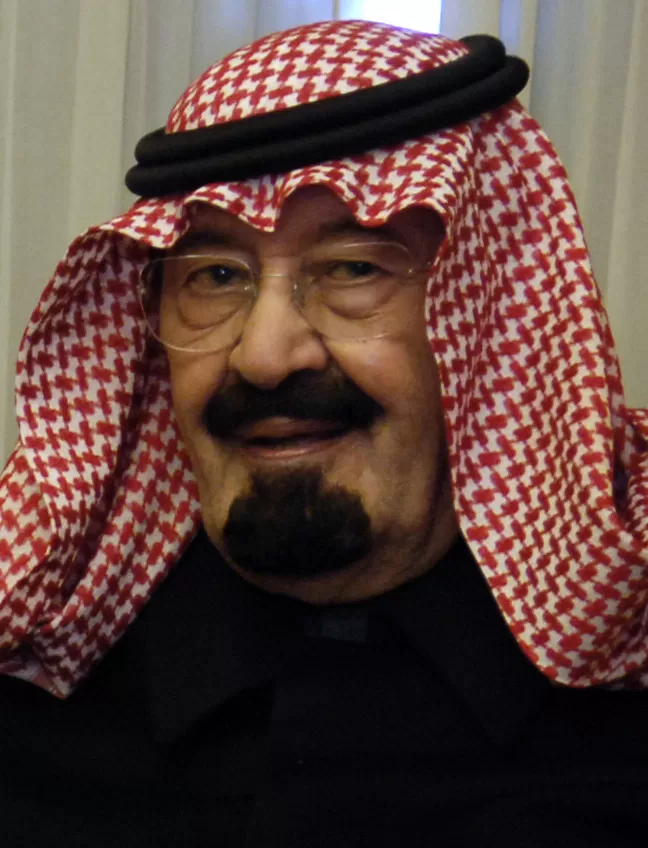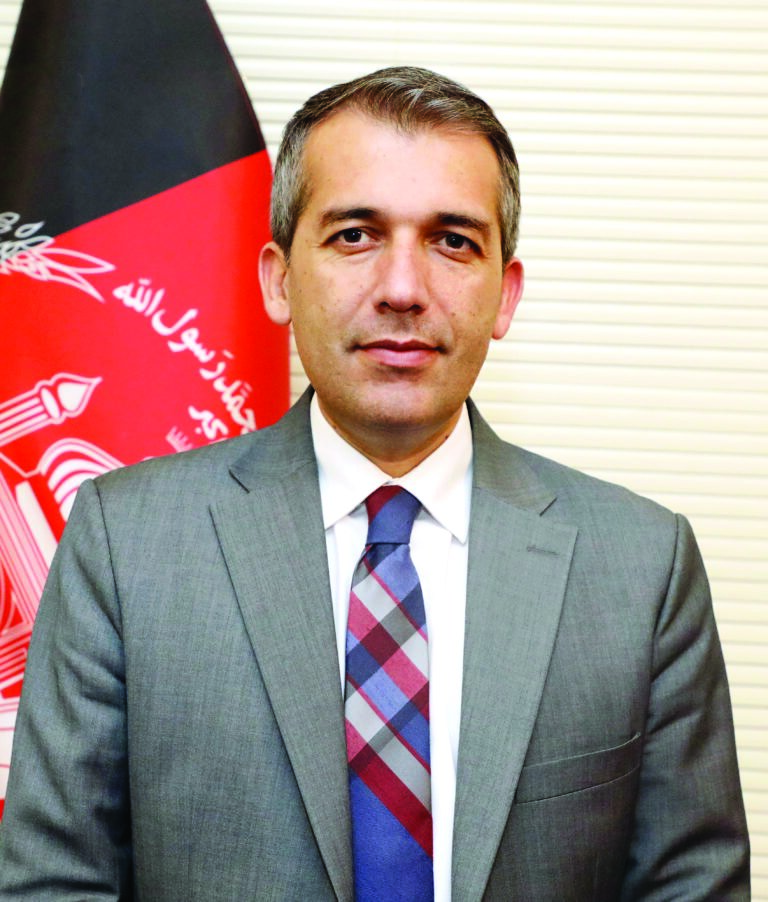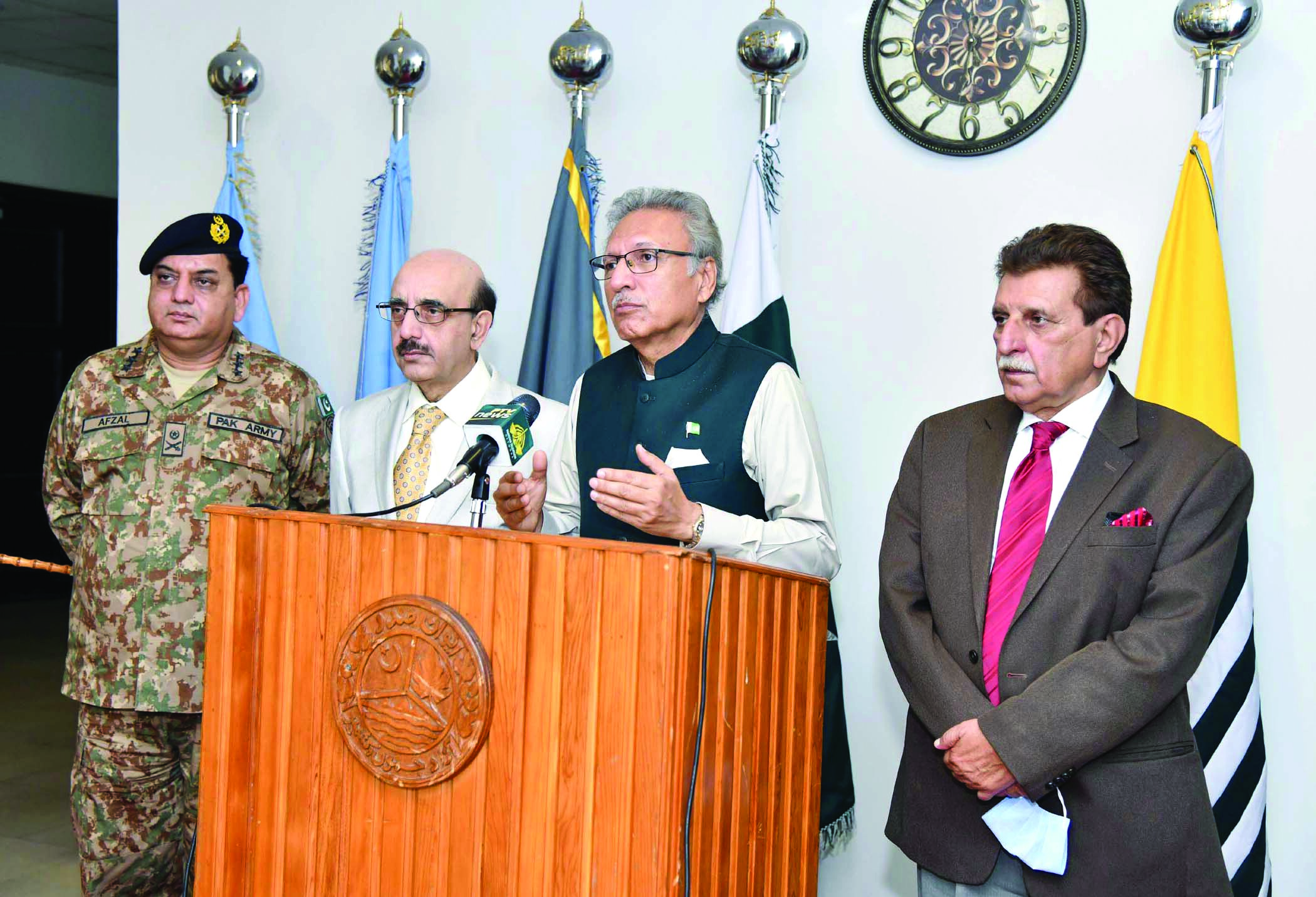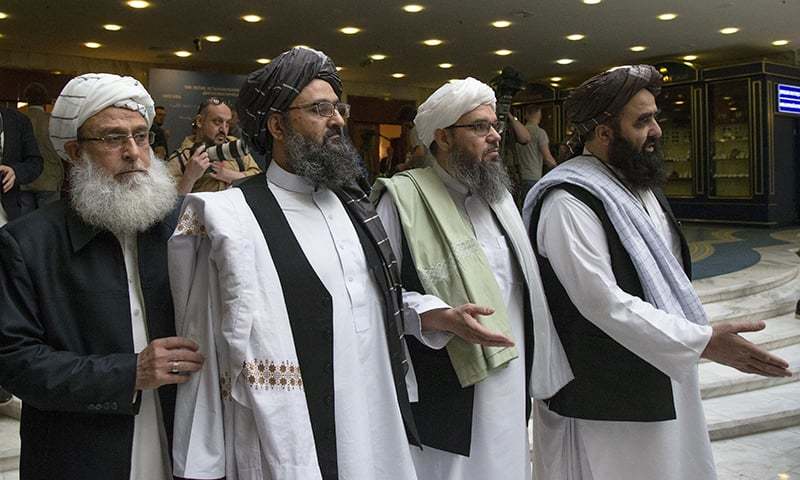Most recently, Saudi Arabia’s Council of Ministers passed the new counter terrorism law titled the “Penal Law for Terrorism Crimes and Financing of Terrorism”. This law was ratified by the Custodian of the Two Holy Mosques King Abdullah Abdulaziz Al Saud after being approved by the Cabinet in December 2013, following the initial proposal by the Interior Ministry and advisory Shura Council. This is a major blow to terrorism and it marks the beginning of a new phase in the Kingdom’s counter-terrorism strategy.
Strategic Orientation
The new law has strategic orientation and has further strengthened its national drive against terrorism. It is a complete package to eradicate the elements of societal disorder, misleading religious ideologies, conspiracies and ethnicity and sectarianism. It has drawn praise by the Arab media and many Middle East foreign policy experts. It will ensure domestic security and stability in Saudi Arabia.
The said law is aimed against those trying “to disturb public order, defaming the reputation of the state, or threatening the kingdom’s unity.” The legislation made up of 40/41 clauses, is meant to combat terrorism and impose tough penalties on those who fund it. It is a comprehensive law which deals with the different forms of extremism, tourism, and fundamentalism.
Regional Significance
The law and decree are meant to curb jihadi operations on Saudi soil as well as counter non-jihadi dissidence, these legal instruments shows strong political will and determination to fight against terrorism. Similarly, the government of Pakistan reinforced its anti-terror legislation the “Pakistan Protection Ordinance”, a document that declares all peace-disrupting elements as ‘enemies of the state’, and states protection of life to be the state’s top priority.
The new law provides the necessary tools to control Saudis wishing to join civil wars and stem the influence of the Muslim Brotherhood and Hezbollah within the country. Moreover, Saudi preachers have also been put on notice to prevent and discourage young men from going to war, which is a direct violation of the teachings of Islam.
In continuation of the new counter terrorism law, the government of Saudi Arabia designated the Muslim Brotherhood as a terrorist group along with two Shiite groups i.e. Hezbollah and the Houthi movement in Yemen as well as two Sunni formations, Islamic State of Iraq and Syria (ISIS) and the al-Qaeda affiliated al-Nusra front.
The custodian of the Two Holy Mosques King Abdullah’s popularity continues to grow with his strong stand against extremists and the distorted “jihadist” militant ideology that is a major threat to national security and social stability. King Abdullah has always exerted efforts to fight against terrorism within and outside the country. Saudi Arabia’s continued financial support and contribution to the United Nations Counter-Terrorism Center is the best evidence of the Kingdom’s efforts against extremism.
In order to implement the newly announced counter terrorism law, King Abdullah has decreed that any Saudi who fights abroad could be jailed for 20-30 years, and those who join, endorse or provide moral or material support to groups classified as “terrorist” or “extremist” will risk prison sentences of five to 30 years.
Previously King Abdullah called upon the Ummah to resist the dangers of those who distort Islam for their own wicked purposes and stressed the need to stand firm against the proponents of deviation and sedition. He rightly said that terrorism threatens global peace and stability and must therefore be confronted resolutely.
The Saudi minister of culture and information, Abdel Aziz Khoja, said the legislation strike a balance between prevention of crimes and protection of human rights according to Islamic law.
According to him the punishment stipulated in the existing Anti-Money Laundering Act would be applied for terrorists and funders until a new bye law is enacted.
Saudi Justice Minister Muhammad Al-Eissa told that the royal decree/new counter terrorism law “is based on protecting national security” and that extremists have been “extremely harmful to public tranquility and the state has no choice but to seek to confront this.” Declaring the Muslim Brotherhood a terrorist organization will become an effective means to prosecute individuals who plot and execute violent attacks against innocents. He also confirmed that the spread of these terrorist groups and their ideologies has harmed social cohesion in Saudi Arabia.
Before the new law is fully enforced, the Ministry of Interior is giving Saudis fighting in Syria an escape hatch to “rethink their position and return immediately home” within 15 days. Once the grade period ends, those Saudis could face three to 20 years in prison if found guilty of engaging in terrorist or extremist activities. The anti-militant campaign is organized nationwide to confront the influence of the deviant ideology that is threatening the Muslim world today.
Terrorism is defined as:
“Any act carried out by an offender in furtherance of an individual or collective project, directly or indirectly, intended to disturb the public order of the state, or to shake the security of society, or the stability of the state, or to expose its national unity to danger, or to suspend the basic law of governance or some of its articles, or to insult the reputation of the state or its position, or to inflict damage upon one of its public utilities or its natural resources, or to attempt to force a governmental authority to carry out or prevent it from carrying out an action, or to threaten to carry out acts that lead to the named purposes or incite”
Saudi Arabia’s Counter Terrorism Strategy
Every country has a different definition of terrorism which engulfed the world especially after the tragedy of 9/11/. Every country has its own national narrative towards terrorism but Saudi Arabia’s counter strategy is one of the most successful case studies in the Gulf Cooperation Council (GCC) and Middle East and North Africa (MENA) and also around the globe. The new counter terrorism law defines terrorism and provides for tough penalties for fund givers, terrorists and related organizations.
Moreover, the new law defines terrorism as any criminal act that “destabilizes the society’s security or the state’s stability or exposes its national unity to harm.” It also states that terrorist acts include disabling the ruling system or “offending the nation’s reputation or its position.
In order to further strengthening of its strides towards a better society, judicial system, accountability, transparency, and crime control parameters, the council of ministers passed the new counter terrorism law. It further defines terrorism as any act with a criminal motive that directly or indirectly undermines public order and the state’s security and stability, or endangers national unity.
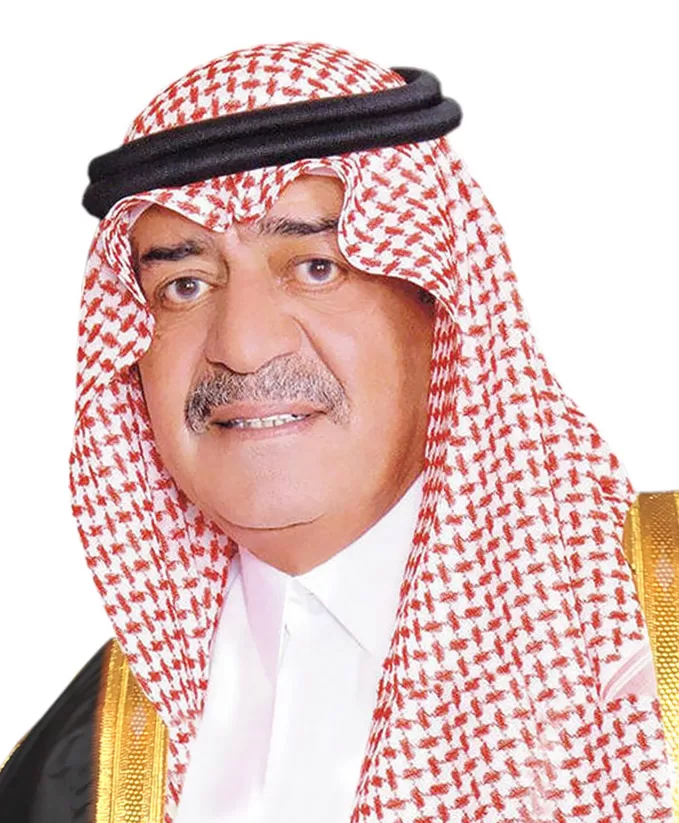
Rationale Powers to Security Forces
In order to make society free from any kind of threat the law gives security forces the right to arrest and hold a suspect for up to six months with the possibility of extending the detention for another six months. As prevalent in many advanced countries, the ministry of interior is charged with issuing arrest warrants to those suspected of committing terrorism-related crimes. The law also gives the interior minister the power to end sentences and drop charges. It says only the interior minister can order the release of a person on trial.
Although, many activists have voiced concern that the law is too broad and could be used to silence those calling for democratic reforms, their concerns are not based on facts and even genuine in nature. Every country has its own set of regulations and systems of governance which suits its traditions, societal norms, culture and above all economic parameters. Ultimately the main thing which counts that system must deliver the socio-economic prosperity and rule of the law.
The newly announced counter terrorism law is indeed a shelter to all the people living in Saudi Arabia. It protects the lives and properties of its people. It upholds the importance of human values and tries to put the ill designers, conspirators and extremists from the society.
It is also a giant step towards greater financial transparency, anti-money laundry campaign and above all smooth functioning of banking system in the country. It monitors the inflows and out flows of funds associated with charitable activities in the country. Moreover, the new legislation explicitly criminalizes raising, offering, receiving, holding or transferring money in support of any individual or group designated a terrorist group by Saudi authorities.
The definition of terrorist crimes used in the new law is not vague as projected by some regional and international organizations of human rights. “Disturbing the public order of the state”, “destabilizing the security of society” or the stability of the state”, “endangering its national unity” are clearly defined and elaborated in the newly announced counter terrorism. Even “harming the reputation of the state or its standing” is based on logic with a human face because an activity against the state is serious crime everywhere in the world. It is not misleading orbit of power. It creates balance between the law enforcement agencies and judicial system in the country.
Philosophy of Special Powers & Systems
Conceptually, counter terrorism laws/legislations usually include specific amendments allowing the state to bypass its own legislations when fighting terrorism-related crimes, on the grounds of necessity. Because of this suspension of regular procedure, critics often allege that anti-terrorism legislation endangers democracy and human right violation but special powers of searches, seizures, arrests and detentions of suspects are the main areas of cooperation and coordination among the different organs of the state. It enhances the ability of preemptive strikes and diminishes the probability of terrorism from the societies. Holding of suspects can be held for 90 days is the common practice in all the security agencies and judicial systems of the world. Elements of secrecy are the must for decoding of any terrorist cell, group or organization. Every country has its own Specialized Criminal Court for speedy justice, so criticism of so-called human rights entities and civil society is not based on hard facts and far away from the reality. It seems to be based on prejudices, propaganda and personal vested interests.
Joint Efforts
The Saudi Arabia government should initiate a more aggressive large-scale campaign nationwide to promote moderation and tolerance among its people. On its part, the public should be more alert and involved in the campaign to protect the young from the instigators of militancy and intolerance in society. Saudi citizens nationwide should all support the Ministry of Interior in its goal of eliminating this threat. Social institutions also have a responsibility to address the threat as well as draw up strategies to curb the spread of the extremist ideology.
Concluding Remarks
By announcing new counter terrorism law the Kingdom of Saudi Arabia has once again confirmed its rejection and condemnation of terrorism, regardless of its source, motivations or objectives. It can be seen in the Kingdom’s contribution and cooperation in international efforts against terrorism, financing terrorism, and its active commitment and implementation of international resolutions issued by the UN Security Council with regards to combatting terrorism. It has also effectively participated in regional and international meetings to discuss the issue of combatting terrorism, and criminalizing terrorist acts and those who support it based upon false Islamic rulings.
Saudi Arabia has taken action to develop and strengthen its counter-terrorism organizations and agencies, along with all security agencies involved in counter-terrorism operations. The new counter terrorism law reflects Saudi Arabia strong political commitment to fight against terrorism, extremism and fundamentalism.
It provides necessary legal cover to different organs of the state against terrorism. It outlines different guidelines against money laundry, corruption and financial scams. It upholds the importance of systematic monitoring and supervision of in & out flows of funds to charitable entities in the country, region and around the globe. It streamlines the functions of secret agencies. It expedites the judicial proceedings and upholds the rule of law.
Western hoopla is unjustified and the hue and cry raised by human right watchdogs is rather prejudiced. Homily of some international jurists is not based on practicalities and the narrative of some pseudo intellectuals does not reflect the true picture and is jaundiced. It is a fact that the national narrative varies from time to time and from country to country and special circumstances require special sets of actions and Saudi Arabia new law of counter terrorism is a concrete effort of its government to combat against terrorism, extremism, sectarianism and fundamentalism.
Saudi Arabia new “Penal Law for Terrorism Crimes and Financing of Terrorism” demonstrates that the war on terrorism must be fought and won at home as well as abroad. Handling this menace and to prevent future radicalization in the society law enforcement agencies/officials at all levels of government must work together, sharing information and resources needed both to arrest and prosecute the individuals responsible and to detect and destroy terrorist cells before they can strike again.
The preachers of evil and darkness are engaged in destroying elements of sagacity, forbearance, intellect and courteousness from societies. So, the new law of Saudi Arabia is a giant leap to curb the ill designs of terrorists from within the country, the region and from the world.


